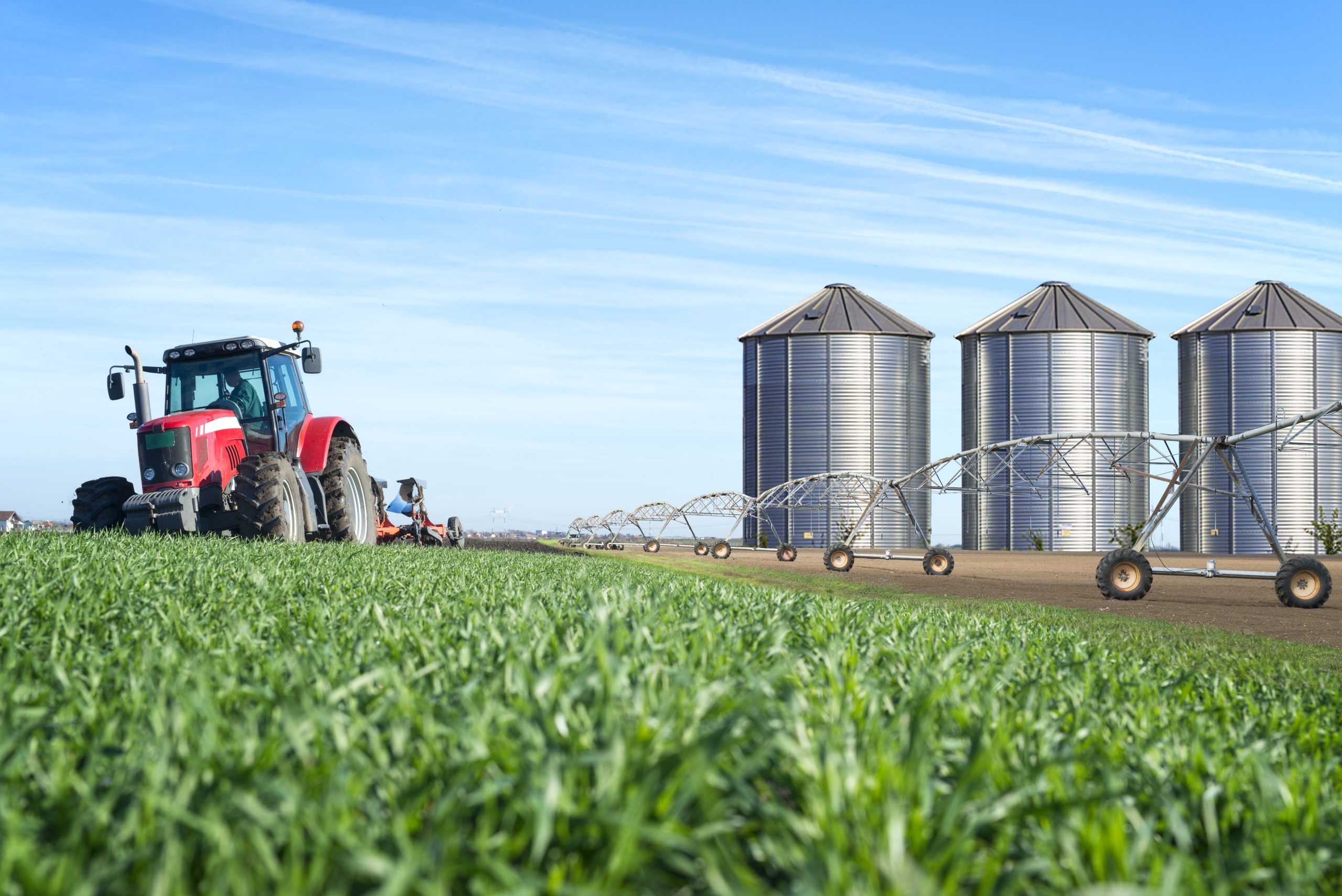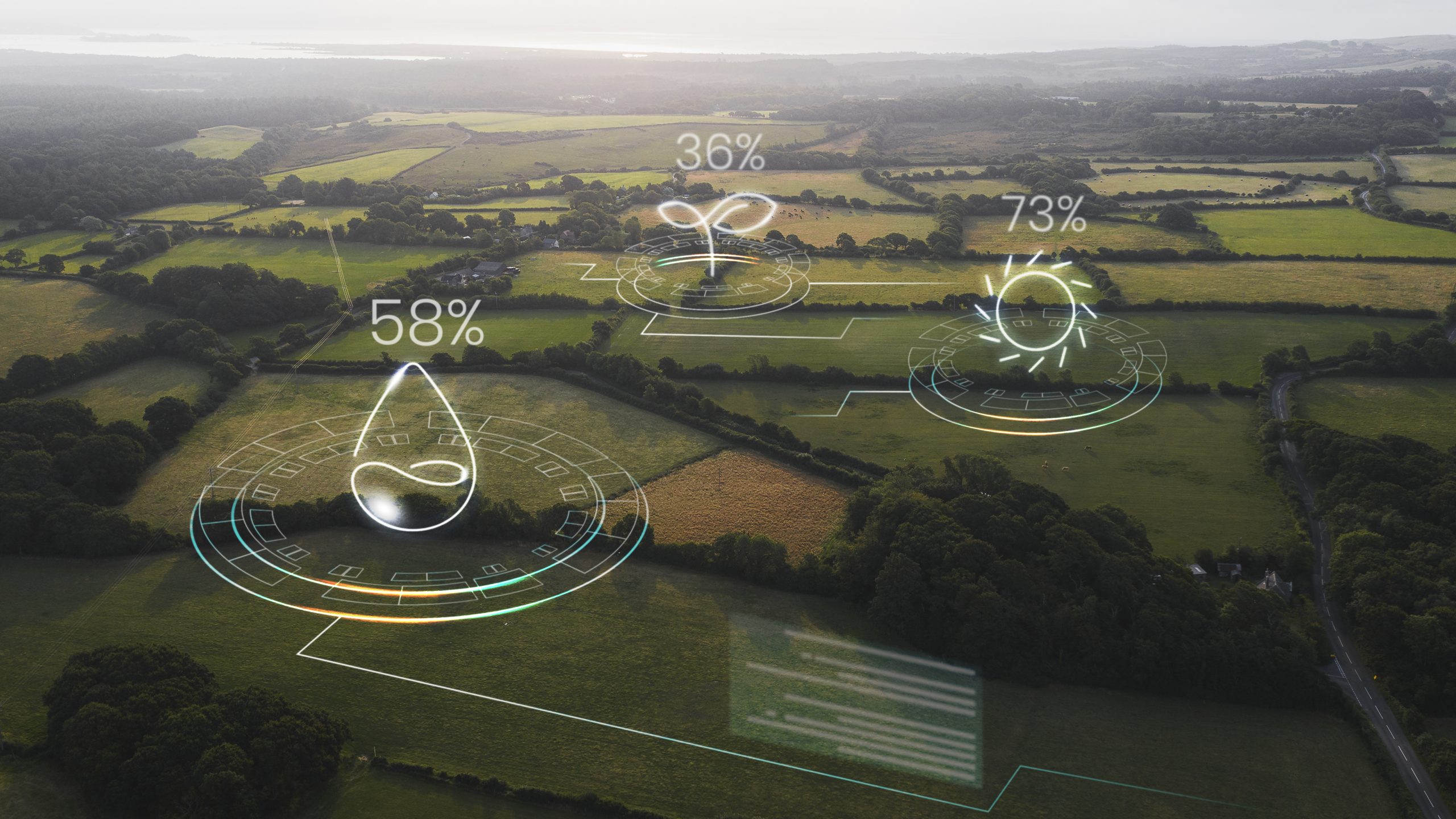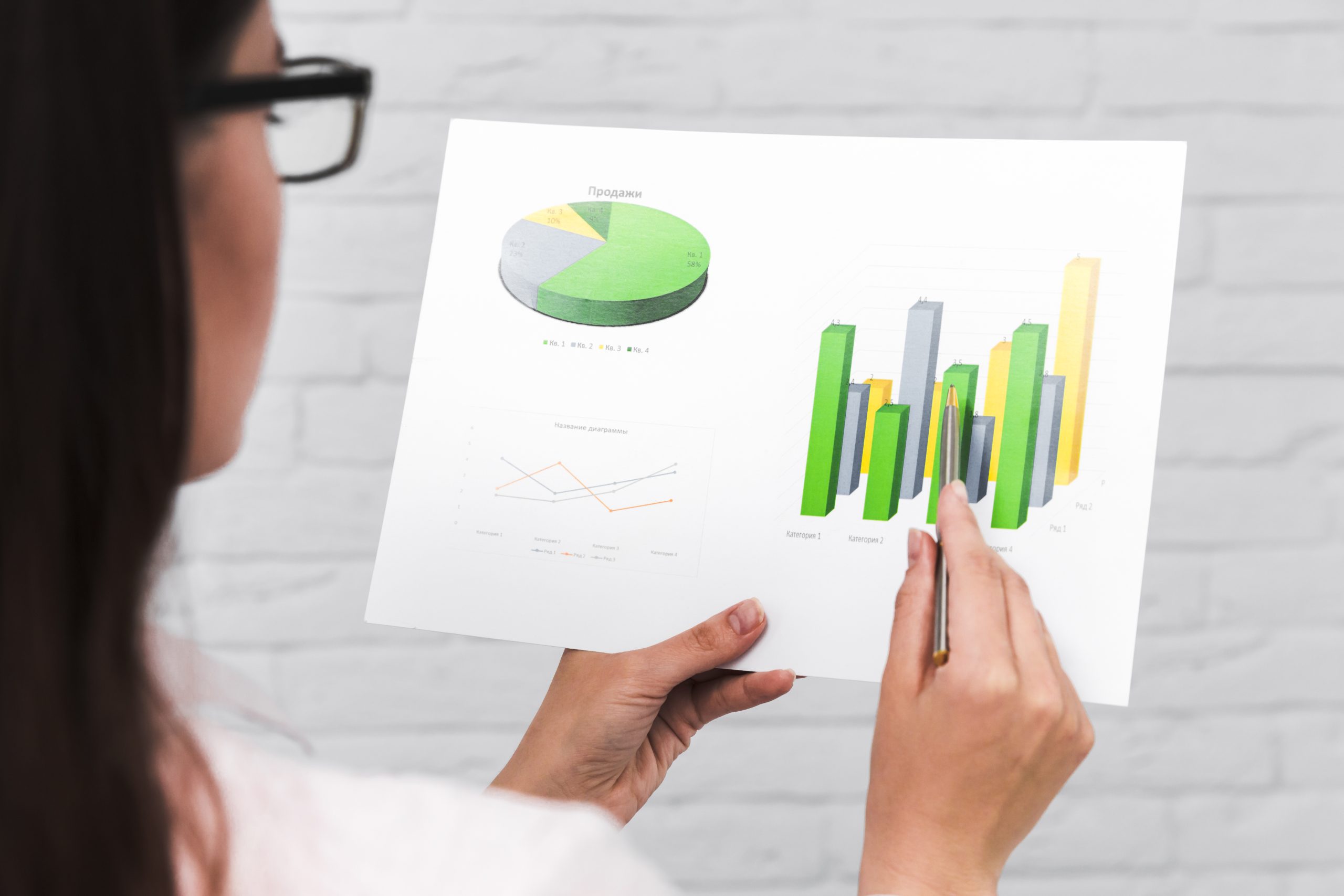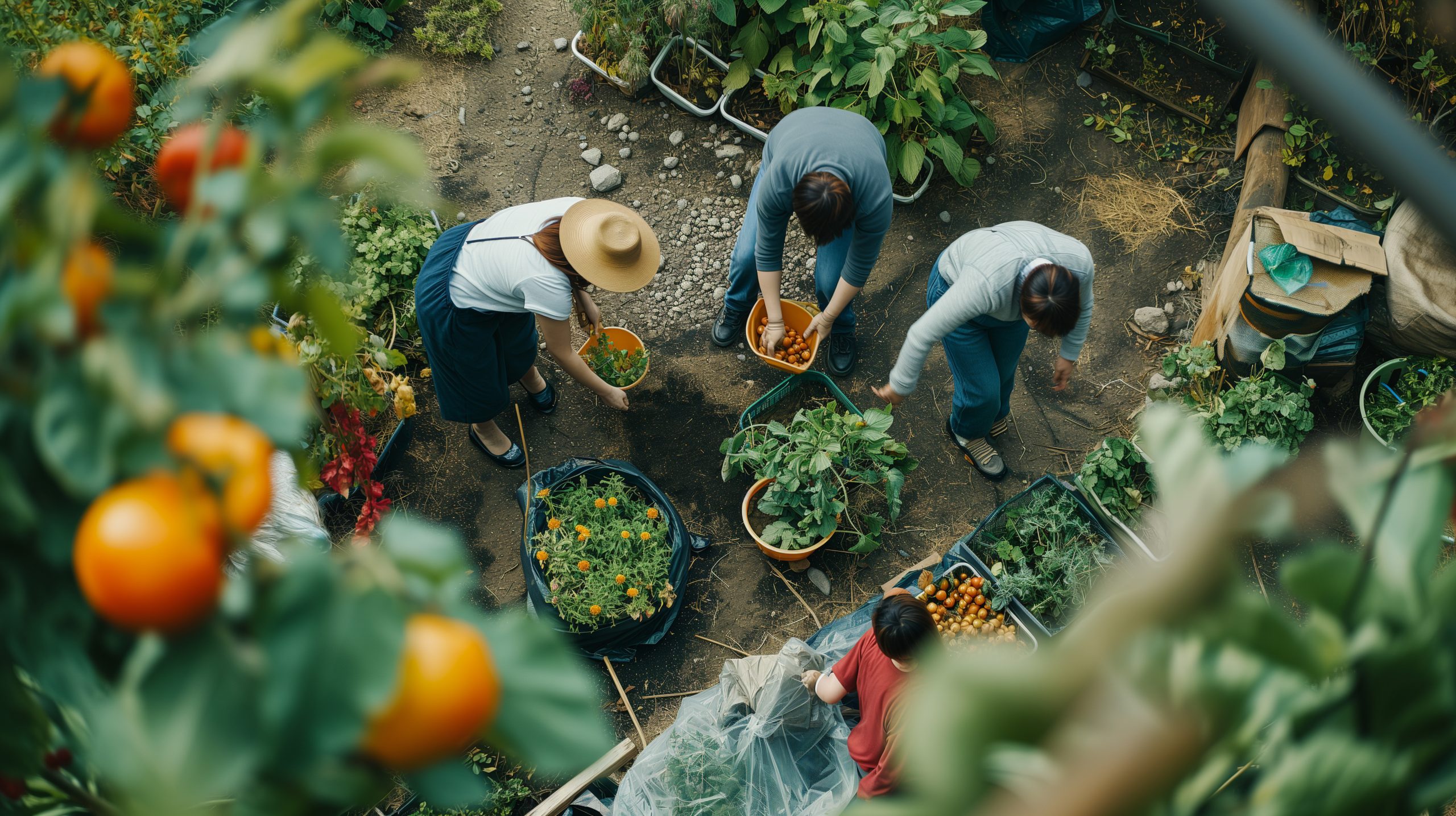Sustainability is no longer optional in the food and agribusiness sectors it is a strategic necessity. With accelerated climate...
Sustainable Strategies in Agro-Industry: Advancing with Circular Economy
The agro-industrial sector is rapidly evolving towards more sustainable practices, driven by environmental concerns and market demands. Central to this transformation is the integration of circular economy principles, which focus on minimizing waste, maximizing resource efficiency, and reducing carbon footprints across the entire supply chain.
The Role of Circular Economy in Agro-Industry
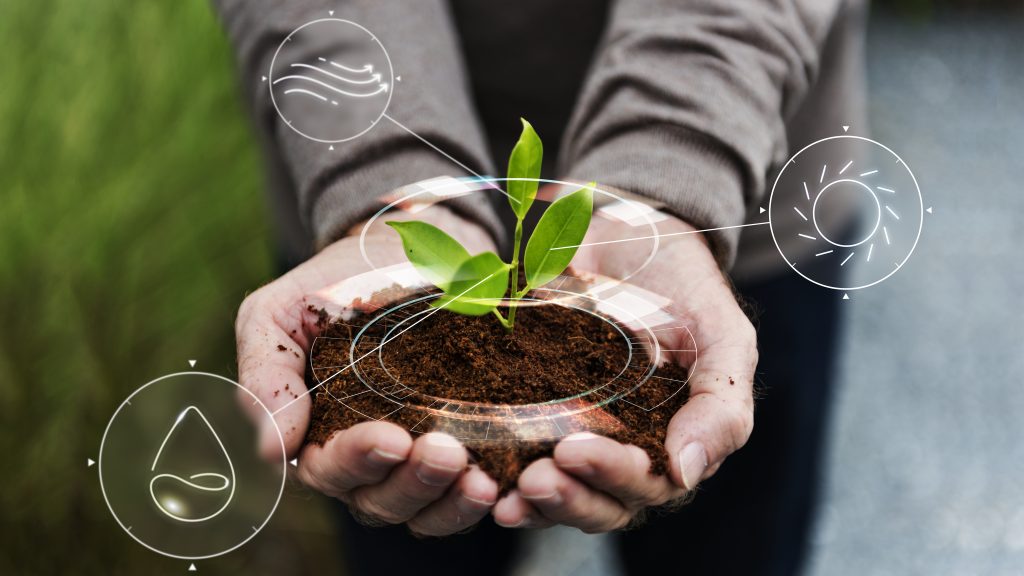
The concept of circularity in agriculture is not new, but its adoption is becoming more urgent. The European Union, for example, has accelerated the shift towards sustainability with the European Green Deal, aiming for energy independence and the reduction of waste and carbon emissions. This movement is reflected in the agro-industrial sector by recovering and recycling nutrients, using by-products, and innovative techniques like biogas production from organic waste. These efforts help close the loop, reducing the dependency on external inputs like chemical fertilizers, which not only harm the environment but also contribute to greenhouse gas emissions.
A practical example of this is the reduction of food waste in agricultural systems, where surplus production is redirected or repurposed. Recent studies have highlighted that reducing food waste could significantly lower the agro-industry’s carbon footprint. For instance, the United Nations Environment Programme reported that reducing global food loss and waste could cut global greenhouse gas emissions by 8-10%.
Challenges and Opportunities
One of the key challenges for the agro-industrial sector lies in transitioning from traditional linear models to circular ones. This requires significant investments in technology and infrastructure, such as waste recycling systems, as well as changes in consumer behavior towards more sustainable products. Additionally, the recent global crises, such as the COVID-19 pandemic and the Ukraine conflict, have exposed the vulnerability of global food systems, making the need for a resilient, sustainable approach even more pressing.
Despite these challenges, there are immense opportunities for innovation. The implementation of sustainable practices not only reduces environmental impact but can also improve profitability. For example, farmers who adopt circular methods can reduce their input costs by reusing agricultural waste, thus improving their bottom line. Additionally, sustainable products often attract premium prices in the market, especially as consumer demand for “green” products grows.
Path Forward

To foster sustainable growth in the agro-industrial sector, governments and industries must work together. Financial incentives, policies promoting waste reduction, and investment in sustainable technologies are crucial. Countries committed to the Paris Agreement are already setting ambitious targets to reduce carbon emissions by 45% by 2030, with carbon neutrality by 2050. The agro-industrial sector can play a pivotal role in achieving these goals by embracing circular economy principles.
In conclusion, the future of agro-industry lies in the integration of circular economy strategies that not only ensure food security but also protect our planet. By adopting these sustainable practices, the sector can reduce its environmental impact, increase resilience, and pave the way for a greener future.
Transforming Agriculture with Sustainable Solutions
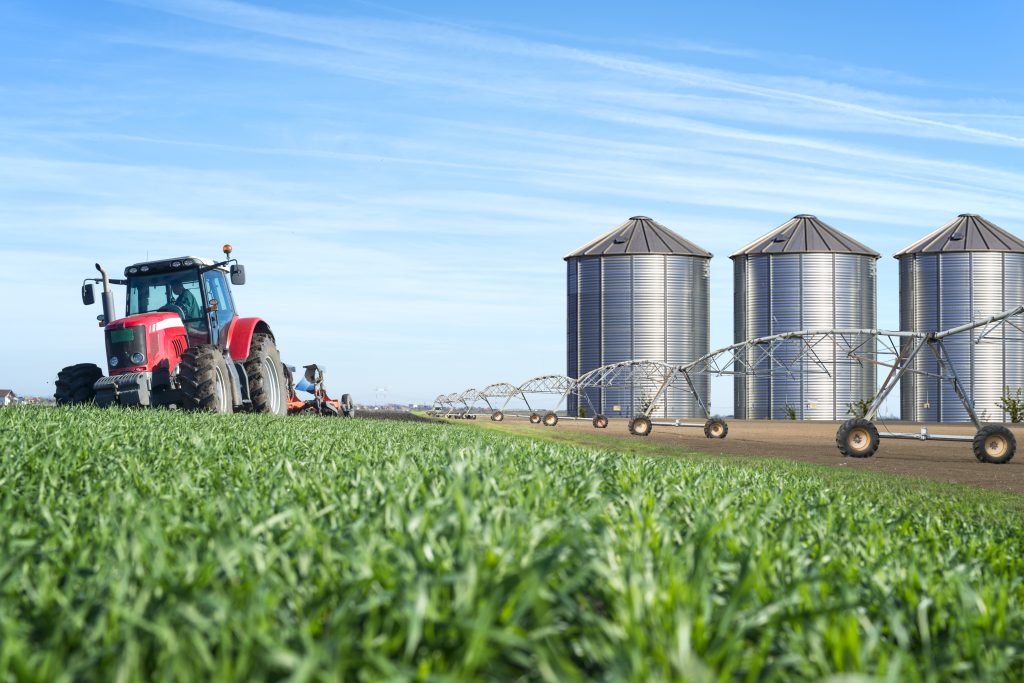
As the agricultural sector undergoes a transformation toward more sustainable practices, Comsu Solutions stands ready to play a pivotal role in this evolution. Our tailored services are designed to meet the unique challenges and opportunities within this industry, ensuring that agricultural businesses can thrive while minimizing their environmental impact.
- Business Diagnosis and Materiality Analysis
We provide comprehensive diagnoses to identify areas for sustainability improvement, alongside materiality analyses to prioritize the most critical environmental aspects of agricultural operations. - Customized Adaptation for Enduring Impact
Our team develops tailored strategies that integrate circular economy principles, focusing on resource optimization, agricultural waste reuse, and the implementation of sustainable technologies. - Sustainability (ESG) Road Map
We help create actionable roadmaps guiding agricultural businesses toward sustainable practices, identifying financial incentives and policies that support waste reduction efforts. - ESG Risk Analysis
Our risk analysis services assess the specific environmental, social, and governance risks facing the agricultural sector, helping businesses navigate potential challenges in their sustainability journey. - Development of Sustainability Key Performance Indicators (KPIs)
We assist in establishing KPIs that measure the impact of sustainable practices, focusing on waste reduction, resource efficiency, and carbon footprint minimization. - Training and Capacity Building
We offer training programs for farmers and agricultural employees on sustainable practices and circular economy principles, enhancing the sector’s capacity to adopt new technologies. - Reporting Design and Improvement
Our expertise extends to creating sustainability reports that effectively communicate the impact of initiatives, vital for transparency and attracting environmentally conscious consumers. - Carbon Credit and Market Options
We provide guidance on participating in carbon credit markets, allowing agricultural businesses to monetize their sustainability efforts while contributing to global climate goals. - Circular Economy Analysis
Our analysis services focus on recovering and reusing agricultural by-products, effectively closing production cycles and reducing reliance on external inputs.
By leveraging these services, Comsu Solutions not only supports the agricultural sector in its transition toward sustainability but also contributes to building a more resilient and environmentally conscious future.

